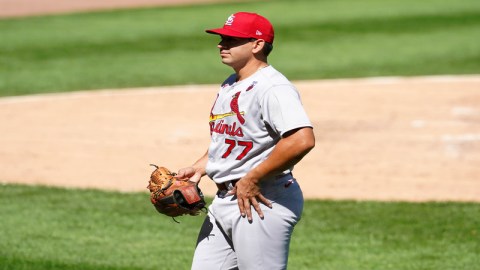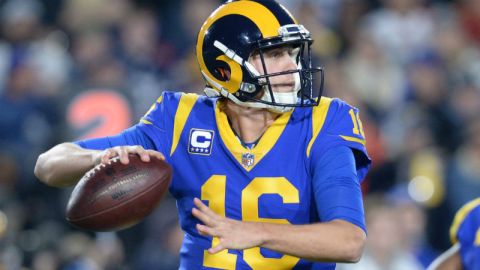Generally, when you’ve got a $15.2 million check sitting on the table in front of you, you snatch it up.
Generally. Unless you’re downright insane.
Or if you’re Richard Jefferson.
Jefferson shocked the world late in the afternoon on June 30, announcing just hours before the July 1 start of free agency that he’d be opting out of the final year of his contract with the San Antonio Spurs. After a lackluster season that saw Jefferson’s scoring drop off considerably and the Spurs swept in the second round of the West playoffs, Jefferson decided to turn his back on the team for which he’d played so disappointingly last season.
To say the least, it was a counterintuitive move. Looking at the final season of a six-year, $78 million contract extension he’d signed long ago back with the New Jersey Nets, it looked like a no-brainer for Jefferson to sign on the dotted line and indicate that, yes, he was sticking around. He’d just averaged 12.3 points, 4.4 rebounds and 2.0 assists in his first and only season with the Spurs — statistically, the worst season he’d had since he was a 21-year-old rookie eight years ago — and he had no reason to walk away. His stock was at an all-time low.
Yet, he opted out. He was just two years removed from his time with the Nets, who shipped him off to Milwaukee in June 2008 for Yi Jianlian and Bobby Simmons, and one year removed from the Bucks, who dealt him to San Antonio last summer. He’d been with three different teams in three years and done nothing impressive with any of them. Who was he to say no to $15.2 million?
It was a bizarre move, to be sure. But in the end, it probably meant nothing. Jefferson is now nearing a return to San Antonio, and one can only imagine he’ll make less than the eight-figure windfall he was originally due.
Did he really, legitimately want out of San Antonio, thinking he could find a better contract or a better basketball situation elsewhere? Was he looking to rework his contract, facing the uncertainty of next year’s collective bargaining meetings and looking for long-term security now? Or was Jefferson simply trying to make a statement, that he’s still a power player in this league, and he didn’t want to be taken for granted anymore?
Who knows? But whatever Jefferson’s motives, it appears that he and the Spurs are on the verge of figuring things out.
So now what?
The Spurs have a rapidly closing window in their quest to win another NBA championship. Tim Duncan turned 34 in April — he’s now a 13-year veteran, with 977 NBA games and 35,577 minutes, not even counting playoffs, on his odometer. Manu Ginobili is still a big shot-maker, but he’s about to turn 33 and he’s not the same athlete he once was.
Those guys won three championship rings together between 2003 and 2007. If they want to win another with Jefferson in the mix, they’d better get it done soon.
It’s unclear how Jefferson fits into San Antonio’s plans. Year 1 didn’t exactly go smoothly — the Spurs had trouble sharing the ball, the defense didn’t gel and Jefferson ended up leading the team in minutes while a number of his teammates were dogged by fatigue and minor injuries.
Jefferson was supposed to be the final piece of the puzzle. But instead of putting the Spurs over the top, he just made a mess.
Jefferson likely has a pay cut to look forward to. The Spurs are declining. No one really wins in this deal — except the rest of the Western Conference.



